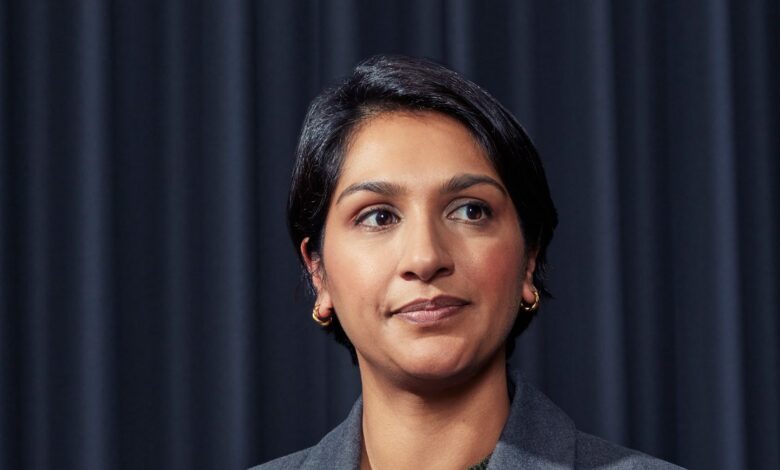Sexist myths are a health hazard

In 2013, The US Food and Drug Administration has made an unprecedented recommendation that women take a lower dose of the sleep medication zolpidem than men. The rationale behind the recommendation is that the drug appears to affect women for a longer period of time, which could become a safety concern.
However, in 2019, research conducted at Tufts University concluded that the drug’s distinct effects were nothing to do with sexInstead, the researchers found that the determining factor in how quickly a person clears the drug from their system is their body size. The report concluded that reducing the dosage prescribed to women may actually result in underdosing and not effectively treating insomnia. Angela Saini, author of The Chieftains: How Men Ruled“Sometimes medicine works in this weird way: You base your diagnosis on the data you have instead of the data you need.”
Indeed, Saini argues that many common gaps in health outcomes between men and women have nothing to do with biological sex. “Scientists may be very keen to look at a gap and find a simple biological explanation for it, but when it comes to gender and health, those simple explanations often don’t exist,” she says.
Of course, gender differences do exist in aspects of health, such as reproductive and sexual health. But research shows that, in most cases, health-related differences between men and women—from disease symptoms to the effectiveness of medications—are actually quite small. “The differences that exist are due to gender,” says Saini. “Differences in how people are treated and thought about, and the assumptions we make about them.” That, Saini says, explains many of the failures when it comes to women’s health.
For example, consider the common misconception that women have atypical heart attack symptoms, different from men. This common misconception has been debunked by a Research 2019The study, which involved nearly 2,000 patients, found that, in fact, 93 percent of both sexes reported chest pain—the most common symptom—while a similar proportion of men and women (nearly 50 percent) also felt pain radiating to their left arm. “The problem with underdiagnosis of women is that medical professionals and even women who have had heart attacks believe that heart attacks are something that mainly happens to men,” says Saini. Estimates suggest that differences in care for women have led to about 8,200 avoidable deaths from heart attacks in England and Wales since 2014.
“The problem is not that men discriminate against women; it is often that women are not heard—sometimes by other women,” she says. Another example that clearly illustrates how gender can affect health outcomes comes from Canadian Research 2016 of patients who were hospitalized for acute coronary syndrome. The study found that patients with higher rates of recurrence were those who performed gender roles typically associated with women—such as doing more housework and not being the primary breadwinner at home—regardless of whether they were male or female. “This is because people who perform the social role of women are more likely to have anxiety,” Saini said.
If these disparities are due to how patients are perceived and treated, then the solution, according to Saini, is clear: “We need to be careful to diagnose the problem where it exists, not where we imagine it exists.” She highlights the successful work of Jennie Josepha British midwife who founded the Commonsense Midwifery School in Orlando, Florida in 2009 to support women who lack access to maternal health care. Research has shown that black mothers, both in the United States and the United Kingdom, are three times more likely to die than white women.
“Joseph reduced maternal mortality among minority women simply by improving the quality of their care, listening to their concerns, and responding when they say they are in pain,” Saini said. “We don’t need technology to solve this problem. We simply can’t let our biases and prejudices get in the way.”
This article appeared in the July/August 2024 issue of British magazine WIRED.




